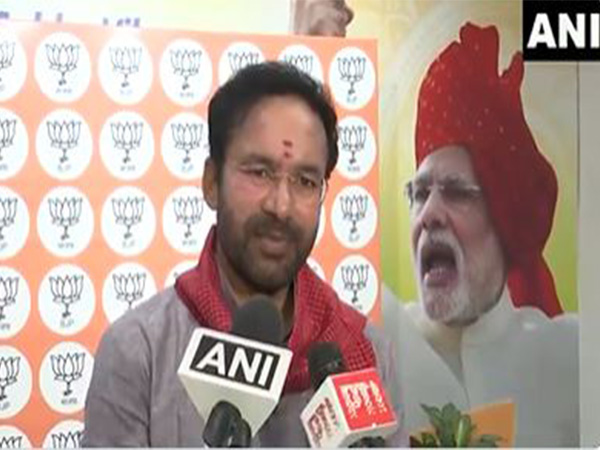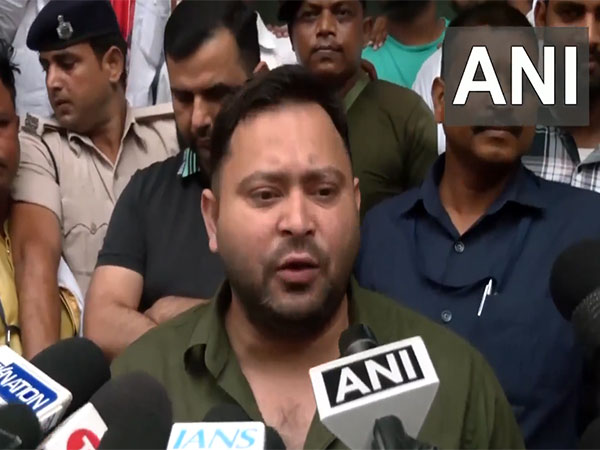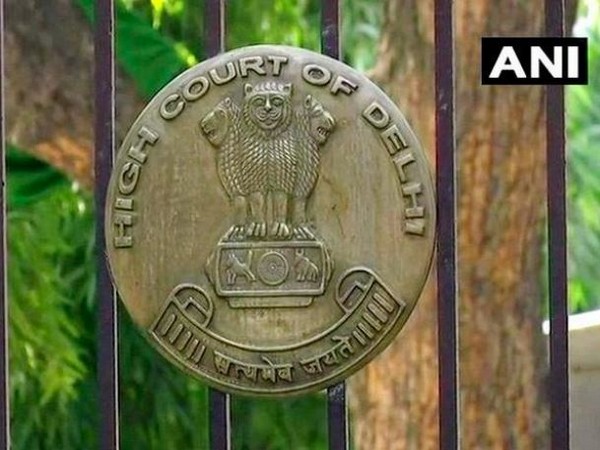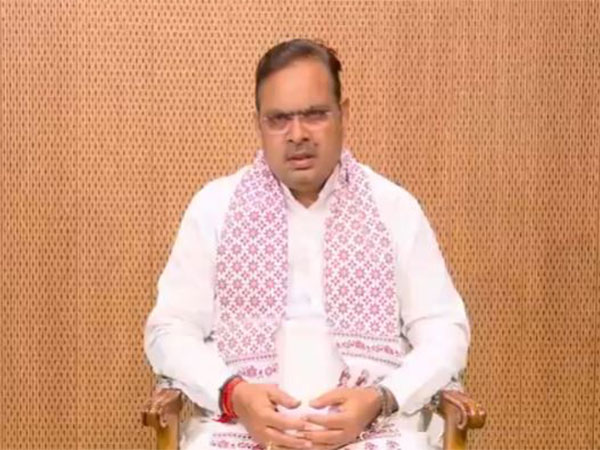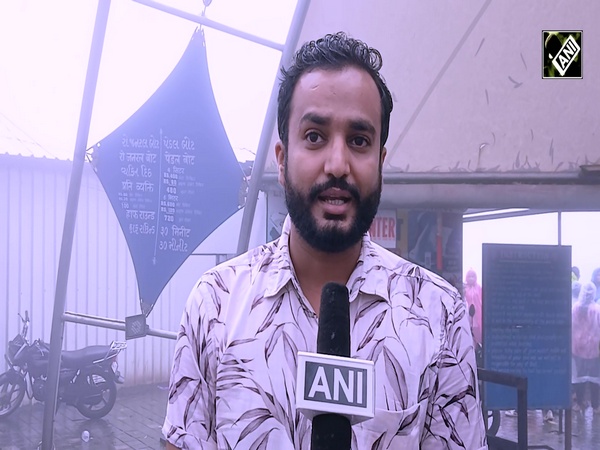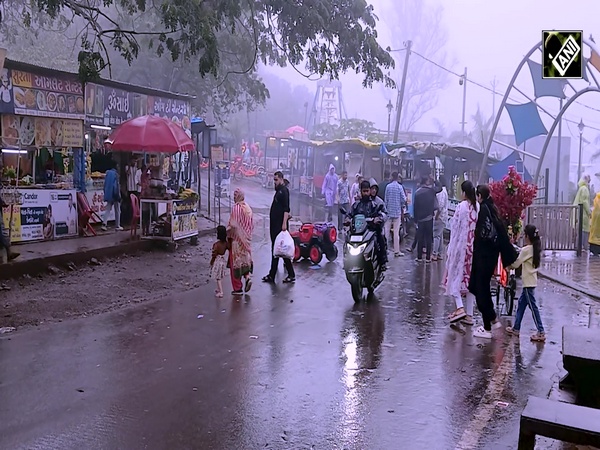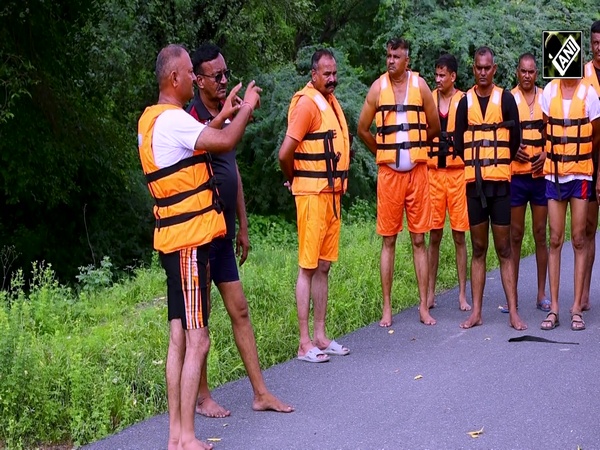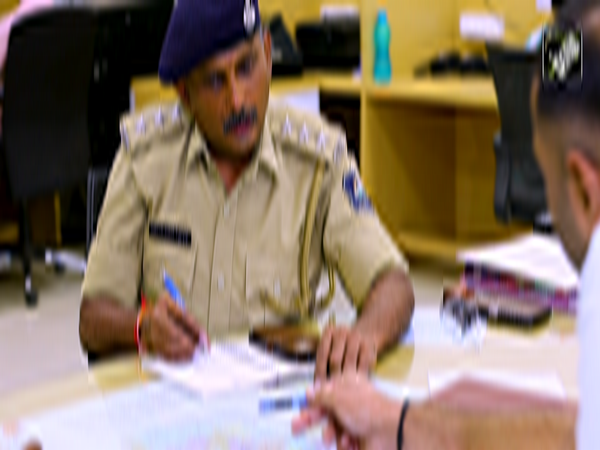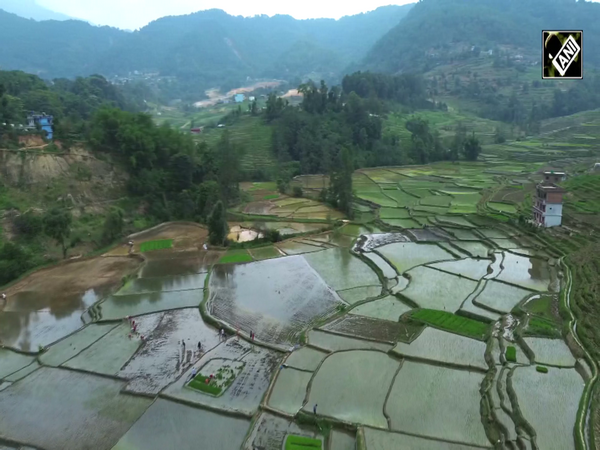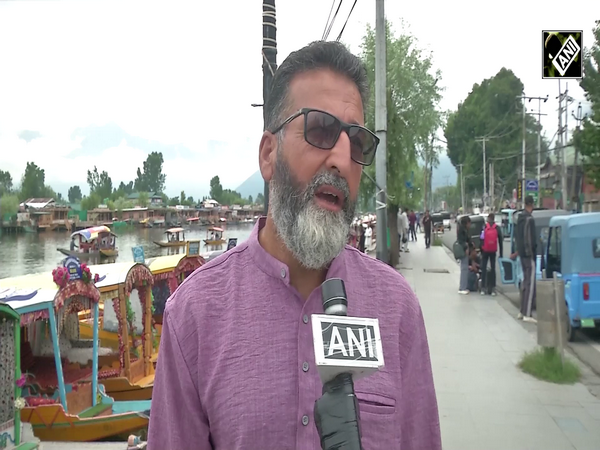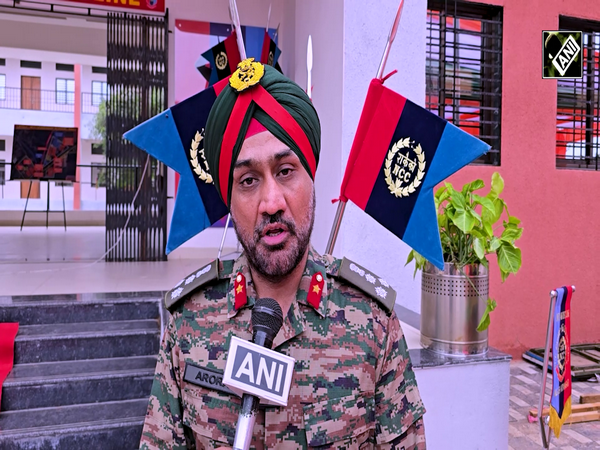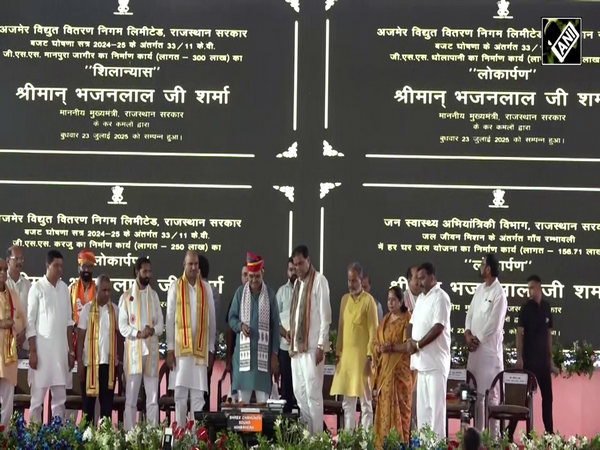Thalassemia Patients Advocacy Group urges Law Minister Meghwal for unified blood law
Jul 16, 2024

New Delhi [India], July 16 : Encouraged by the Law Ministry's initiative to modernize India's legal and regulatory framework, Deepak Chopra, Mentor of the Thalassemia Patients Advocacy Group (TPAG), and Anubha Taneja-Mukherjee, Member Secretary of TPAG, met with Union Minister for Law and Justice Arjun Ram Meghwal and submitted a representation seeking a consolidated blood law for the country.
The representation draws attention to the pre-independence era legislation, the Drugs and Cosmetics Act 1945, which regulates blood transfusion services in India but leaves out important aspects like blood screening methodology. The representation also calls for the complete implementation of the Common Cause Judgment of 1996 which contemplated a separate legislation for blood.
In a letter to Meghwal, the TPAG said, "We draw your kind attention to the need for having a consolidated blood law for regulating blood transfusion services in India. This will particularly benefit the patients of thalassemia (they depend on fortnightly blood transfusions for survival) since such consolidation will be a step towards ensuring safe blood, which is as important as safe water or safer air that attracts attention on account of their being fundamental rights."
The letter further said that India at present is saddled with pre-independence legislation, with fragmented and complicated structures in place for blood safety. "While the National Blood Transfusion Council (NBTC) lays down guidelines for voluntary blood donation, screening, etc., the Drugs and Cosmetics Rules, 1945 (D&C Rules) lay down the requirements for the collection, storage, processing and distribution of whole human blood, human blood components by blood banks and manufacture of blood products as well as the requirements for the functioning and operation of a blood bank and for preparation of blood components," it said.
The letter further said, "There is no mandate for blood screening methodologies as such. Every blood bank is free to choose the test they want. This, and many other gaps exist as far as blood regulations are concerned. In view of the above, we request you to consider initiating a drive to consolidate and modernize the blood laws of India."
